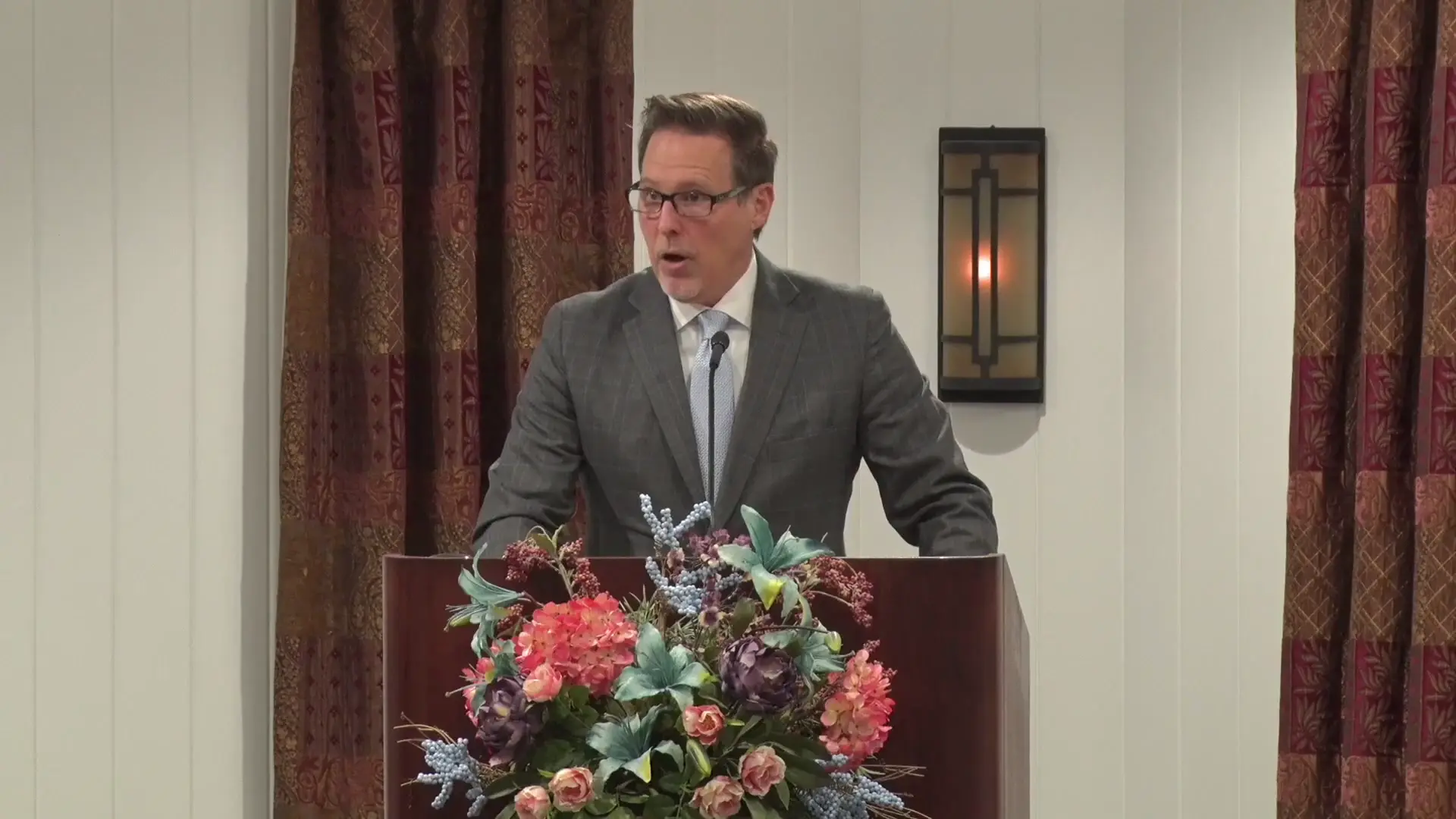Filter by Categories
The Meaning of the Offering
Sermonette by John W. Ritenbaugh (1932-2023)The New Covenant sacrifices are far more demanding than the Old Covenant sacrifices. But there are poignant lessons to be learned from animal sacrifices.
What Is an Offering?
Sermonette by Richard T. RitenbaughThe first recorded offering teaches that offerings arise from the fruits of our labor and that God values the giver's heart more than the gift itself.
Quality Holy Day Offerings
Article by StaffThe offerings brought to the Temple during the Feast of Trumpets were of the highest quality, reflecting great care in selection and preparation. Just as the animal sacrifices, grain, and beverages offered in the Temple were the very best of their kind, we must ensure that our offerings to God are of the highest possible quality as we approach the fall holy days. The attitude, thought, effort, and preparation that go into our offerings are what truly matter. God appreciates the sincere efforts of His people, even in times of financial hardship, and understands the constraints many face. We are encouraged to consider, plan, and give quality holy day offerings with the proper attitude and for the right reasons.
Abel Glorified God!
Sermonette by Martin G. CollinsAbel offered his sacrifice in obedience to God's instructions. We must worship Him in a spirit of truth, bringing about a profound change in heart.
Cain's Assumption (Part One)
CGG Weekly by David C. GrabbeThe Bible does not explicitly reveal what prompted Cain's actions, but there is a possibility that is worth considering as to why he acted as he did.
Being a True Sweet Savor to God
Sermonette by Bill OnisickThe renewing of our minds is a daily sacrifice in which carnality is continuously put to death, replaced by God's Spirit, yielding an aroma desired by God.
A Warning from Jude (Part One)
CGG Weekly by David C. GrabbeThe stories of Cain, Balaam, and Korah help us to understand Jude's urgent warning to the church for all time. These men's ways are continually repeated.
An Acceptable Sacrifice
Sermonette by John W. RitenbaughAbel was totally consumed, becoming the first martyr for faith. Likewise, when we are called to God, we can expect to be used until we are consumed.
What the Sacrifices Mean
Sermonette byThe sacrificial system of Leviticus typifies spiritual sacrifices which we perform under the New Covenant. The animal sacrifices focused on total commitment.
A Vivid Comparison (2000)
Sermonette by John W. RitenbaughChurches or institutions that accept offerings gained from evil enterprises accept tainted money, coddling the sinner for the sake of gain.
First Things First (Part Two): The Right Sacrifice
CGG Weekly by David C. GrabbeCain represents religion and worship on a person's own terms, according to his own priorities, rather than according to God's instruction.

The Bond of Perfection: Sacrifice
Sermon by Bill OnisickSacrifice is the central theme of God's plan, not only the foundation of salvation, but also a means by which we are transformed into God's image.
Fellowship and Fellowshipping Are Very Important to God
Sermonette by Gary GarrettIf we lack love for our brethren who live in the presence of God, we are emulating Cain. It is God's desire that we stay in the fellowship.
First Things First (Part One): Access to God
CGG Weekly by David C. GrabbeThe lessons of Abel, Enoch, and Noah in Hebrews 11 are sequential. The lesson of Abel's faith must be understood before Enoch's example can be followed.
Knowing Christ (Part 3)
Sermon by John W. RitenbaughIn taking undue attention off the self, sacrifice (as an act and as a way of life) creates peace, prosperity, cooperation, and most of all, character.
Tithing
Sermon by John O. ReidThis comprehensive overview of tithing explores the attitudes we should have toward tithing, the purposes of the tithe, and the benefits of tithing.
Faith, Hope, and the Worship of God (Part Three)
Sermon by John W. RitenbaughUsing assumptions, some have concocted some nine conflicting calendars. The preservation of the oracles has not been entrusted to the church but to the Jews.
Hebrews (Part Thirteen)
Sermon/Bible Study by John W. RitenbaughAbraham, the father of the faithful, did not have a blind faith; it was based upon observation of God's proven track record of faithfulness.